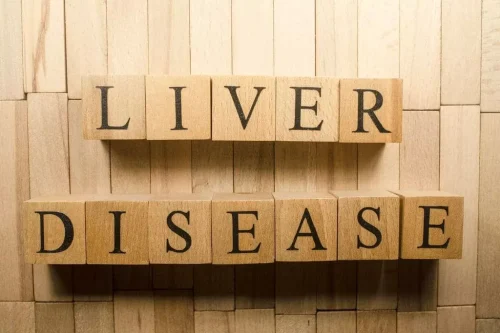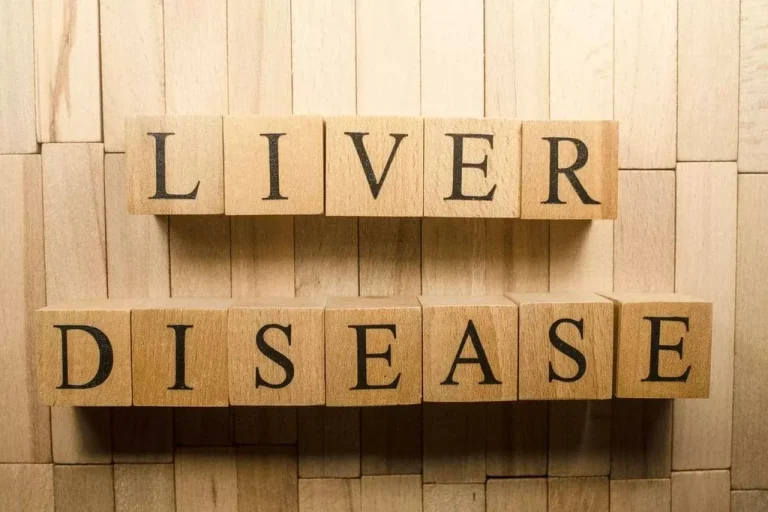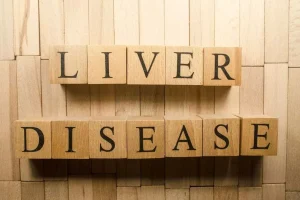Understanding the Interaction between Alcohol and Blood Thinners
15/03/2022



 Email Marketing
Email Marketing

Even if you have a normally functioning liver and kidneys, alcohol can limit your liver’s ability to metabolize other compounds. In some cases—if you experience bleeding gums or bruising, for example—you can simply call your doctor. Other times, an immediate trip to the ER or a call to 911 is imperative, says Dr. Alvarado, because some bleeding episodes can be life-threatening. AddictionResource aims to present the most accurate, trustworthy, and up-to-date medical content to our readers.
- If you are taking blood thinners and wish to consume alcohol, it is important to consult your doctor or pharmacist first, as there are some medications that are not safe to combine with alcohol.
- Patients on warfarin, a common blood thinner, are often advised to maintain a consistent intake of vitamin K to prevent fluctuations in medication efficacy.
- The only way to eliminate the risks of combining alcohol and blood thinners is to avoid alcohol completely.
- People taking blood thinners are cautioned against drinking alcohol, but research has found that it is generally safe when done so infrequently and in moderation.
- Remember, when it comes to your health, it’s better to be safe than sorry.
Blood Thinner Drugs and Alcohol: A Dangerous Mix?
- If you consume large amounts of alcohol at one time or drink alcohol on a daily basis, be sure to discuss this with your doctor.
- They are a group of drugs that stop certain blood cells (called platelets) from clumping together and forming a blood clot to help stop bleeding.
- When structural changes take place, it affects how well the blood pumps blood throughout the rest of the body.
- However, moderate alcohol consumption is generally considered safe, but it is important to consult a healthcare professional first.
- Firstly, binge drinking can interfere with how the body metabolizes and breaks down blood thinners.
Both beer and blood thinners can thin the blood, and when taken together, this effect is amplified, increasing the risk of bleeding. This is true for all types of anticoagulants, including newer ones like Eliquis, which has a less severe bleeding risk than older anticoagulants like Coumadin. Delve into the significant variances between paroxysmal atrial fibrillation (AFib) and persistent AFib, considering their implications on cardiac health. Understand the diverse management strategies for each type of AFib and how drinking on blood thinners this knowledge plays a crucial role in determining the most effective treatment approaches for individuals with these conditions. Combining Eliquis with certain medications, such as NSAIDs, SSRIs, aspirin, and herbal remedies, can significantly increase the risk of bleeding. It’s important to consult with a healthcare professional before combining any medications.

Eliquis: An Overview

It is important for individuals on blood thinners to be aware of the signs of internal bleeding, such as severe headaches, dizziness, or unexplained pain, and to seek what is alcoholism immediate medical attention if they occur. Patients on warfarin, a common blood thinner, are often advised to maintain a consistent intake of vitamin K to prevent fluctuations in medication efficacy. The combination of alcohol and Eliquis is generally considered safe, if moderate.
General Health

In addition, alcohol can alter how well your medication works and how your body forms blood clots. Sometimes, however, a blood clot can appear in an artery that supplies your heart or brain with oxygen-rich blood. When a clot blocks blood flow to your heart, it can cause a heart attack. Research suggests that in low to moderate amounts, alcohol may have blood-thinning effects due to it reducing platelet function. However, higher amounts of alcohol consumption may have the opposite effect and increase the risk of blood clotting. While alcohol may have blood thinning effects, it may also increase the risk of cardiovascular conditions and blood clots.

When alcohol is included in the mix, it can alter how thin your blood is and also change how active the medication is. This ultimately affects the delicate balance that doctors hope to achieve while using blood thinners. Depending on how this interaction works, it could cause the blood to become too thin, creating a high risk for bleeding from minor injuries. It could also reverse the effects of the blood thinners, increasing the risk of dangerous conditions like heart attack or stroke. Other side effects can vary depending on the specific type of blood thinner used, but they may include nausea, diarrhea, and bloating. Regular monitoring by healthcare professionals is essential to manage these side effects and adjust dosages as needed.
Does Alcohol Thin Your Blood? Risks of Alcohol and Blood Thinners
Occasional, moderate alcohol consumption is generally considered safe for most people taking blood thinners. However, it is important to consult a doctor before drinking alcohol with any new medication. While occasional and moderate alcohol consumption is generally considered safe for people taking blood thinners, it is not recommended for those with liver problems or a history of alcohol misuse. If you are taking blood thinners and wish to consume alcohol, it is important to consult your doctor or pharmacist first, as there are some medications that are not safe to combine with alcohol. These side effects may indicate serious bleeding, which is a known risk of mixing alcohol and blood thinners. Alcohol can alter how thin your blood is and change how active your medication is, affecting the delicate balance that doctors aim for when prescribing blood thinners.
What drinks to avoid on blood thinners?
- Combining alcohol and blood thinner medications like warfarin may cause you to bleed more easily.
- It can also lead to an increased risk of developing arrhythmias (irregular heartbeats) and cardiomyopathy, a stretching or drooping of the heart.
Since alcohol itself has blood thinning properties, combining it with blood thinners can enhance this effect, leading to increased alcohol-related excessive bleeding episodes. Firstly, binge drinking can interfere with how the body metabolizes and breaks down blood thinners. The liver, which is responsible for breaking down both alcohol and medications, may become overwhelmed if it has to process large amounts of alcohol.

Antiplatelets, for example, prevent platelets from sticking together to form clots. In any case, if you’re taking a blood thinner, it’s important to check with your doctor before drinking alcohol. This is because alcohol can interact with some types of blood thinners and cause serious side effects. Remember, the safest approach is to refrain from drinking alcohol while taking blood thinners. However, if you choose to consume alcohol, always do so in moderation and be vigilant for any signs of bleeding or other side effects.
loading...
loading...


Lascia un commento
Devi essere connesso per inviare un commento.